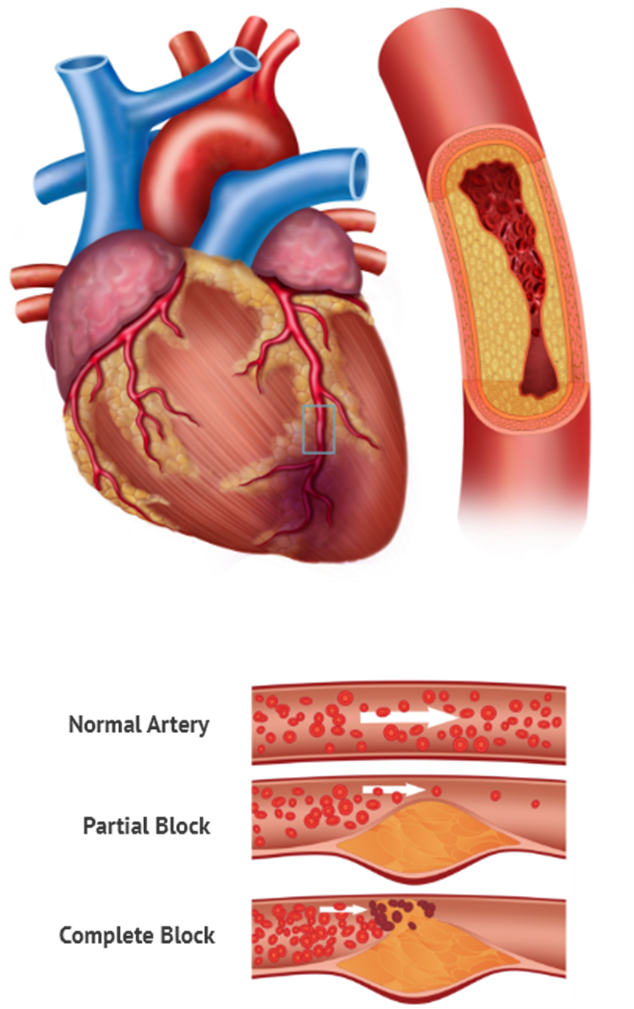The nurse is caring for a male patient, age 54, who had a myocardial infarction 2 days ago. His wife, who is very talkative, has remained at his bedside. Which of these interventions should the nurse implement to reduce the workload of the heart? (Select all that apply.)
Administer daily stool softener.
Provide bedside commode.
Advocate for rest periods with no visitors.
Provide regular diet.
Ambulate four times a day.
Maintain bedrest.
Correct Answer : A,B,C,F
Choice A reason: Administering a daily stool softener can help prevent straining during bowel movements, which can increase cardiac workload.
Choice B reason: Providing a bedside commode reduces the effort required to go to the bathroom, thus reducing cardiac workload.

Choice C reason: Advocating for rest periods with no visitors can help reduce emotional stress and physical exertion, which can increase cardiac workload.
Choice D reason: A regular diet is not specifically an intervention to reduce cardiac workload and may not be appropriate immediately following a myocardial infarction.
Choice E reason: Ambulating four times a day is not recommended immediately following a myocardial infarction as it can increase cardiac workload.
Choice F reason: Maintaining bedrest can help reduce the workload on the heart by minimizing physical activity.
Nursing Test Bank
Naxlex Comprehensive Predictor Exams
Related Questions
Correct Answer is C
Explanation
Choice A reason: This response may come off as dismissive and does not address the patient's immediate concerns or feelings.
Choice B reason: While this response offers a solution, it does not engage with the patient's current emotional state or provide immediate support.
Choice C reason: This response is therapeutic as it acknowledges the patient's emotional state and invites them to discuss their concerns, which is important in managing patients with bipolar disorder.
Choice D reason: This response might minimize the patient's feelings and does not encourage communication about the patient's current distress.
Correct Answer is B
Explanation
Choice A Reason:Notifying the patient's family is not the immediate priority when the patient is experiencing severe respiratory distress. The nurse's primary focus should be on addressing the patient's acute symptoms.
Choice B Reason:Providing oxygen is crucial in managing respiratory distress. In a patient with myocardial infarction (heart attack), adequate oxygenation is essential to prevent further complications. The nurse should promptly administer oxygen as prescribed to improve oxygen supply and alleviate distress.
Choice C Reason:While notifying the health care provider is essential, it is not the first action in this critical situation. The nurse should prioritize interventions that directly address the patient's distress.
Choice D Reason:Elevating the head of the bed (semi-Fowler's position) is beneficial for patients with respiratory distress, but it is not the initial action. Providing oxygen takes precedence over positioning.
Whether you are a student looking to ace your exams or a practicing nurse seeking to enhance your expertise , our nursing education contents will empower you with the confidence and competence to make a difference in the lives of patients and become a respected leader in the healthcare field.
Visit Naxlex, invest in your future and unlock endless possibilities with our unparalleled nursing education contents today
Report Wrong Answer on the Current Question
Do you disagree with the answer? If yes, what is your expected answer? Explain.
Kindly be descriptive with the issue you are facing.
